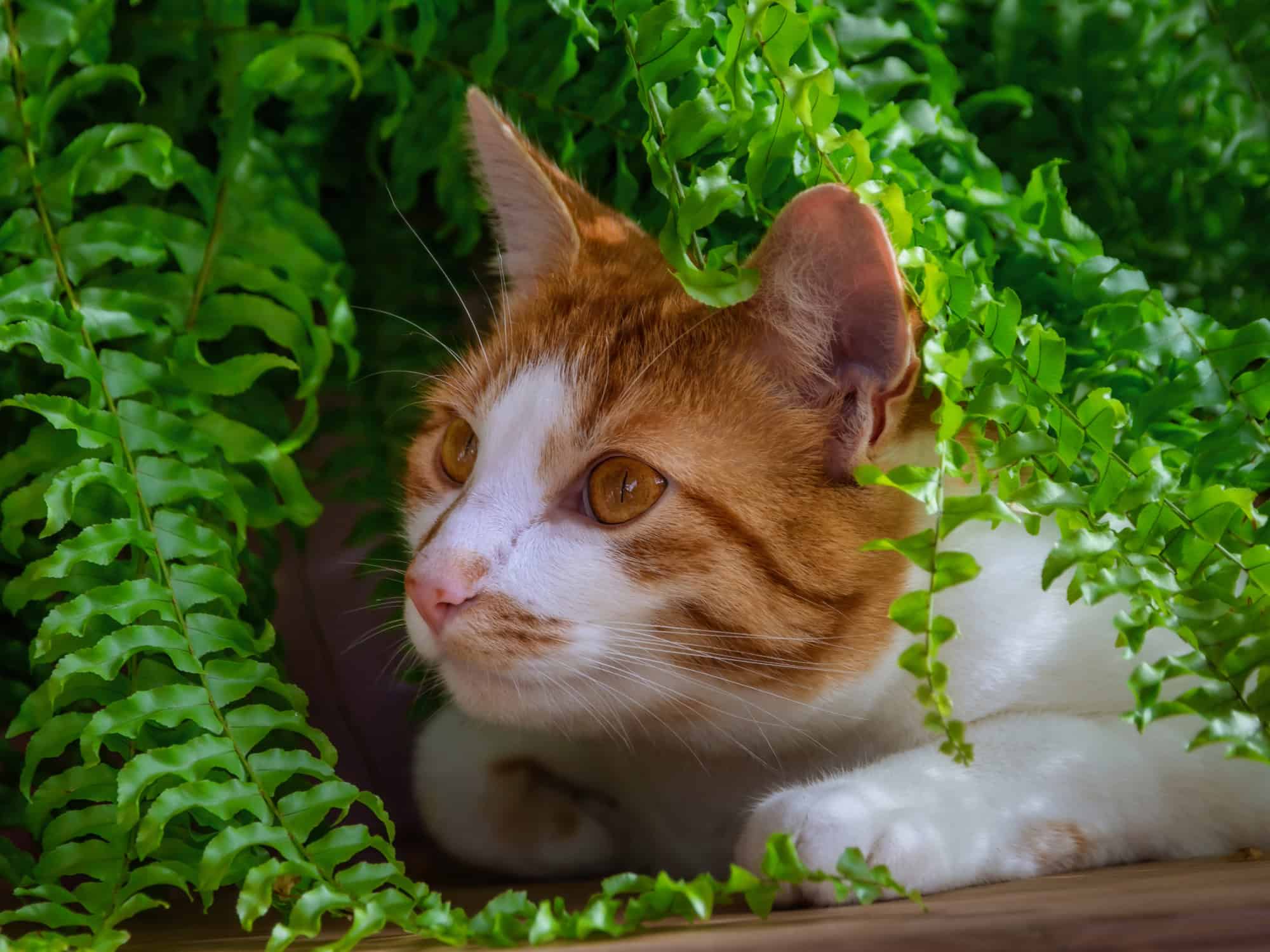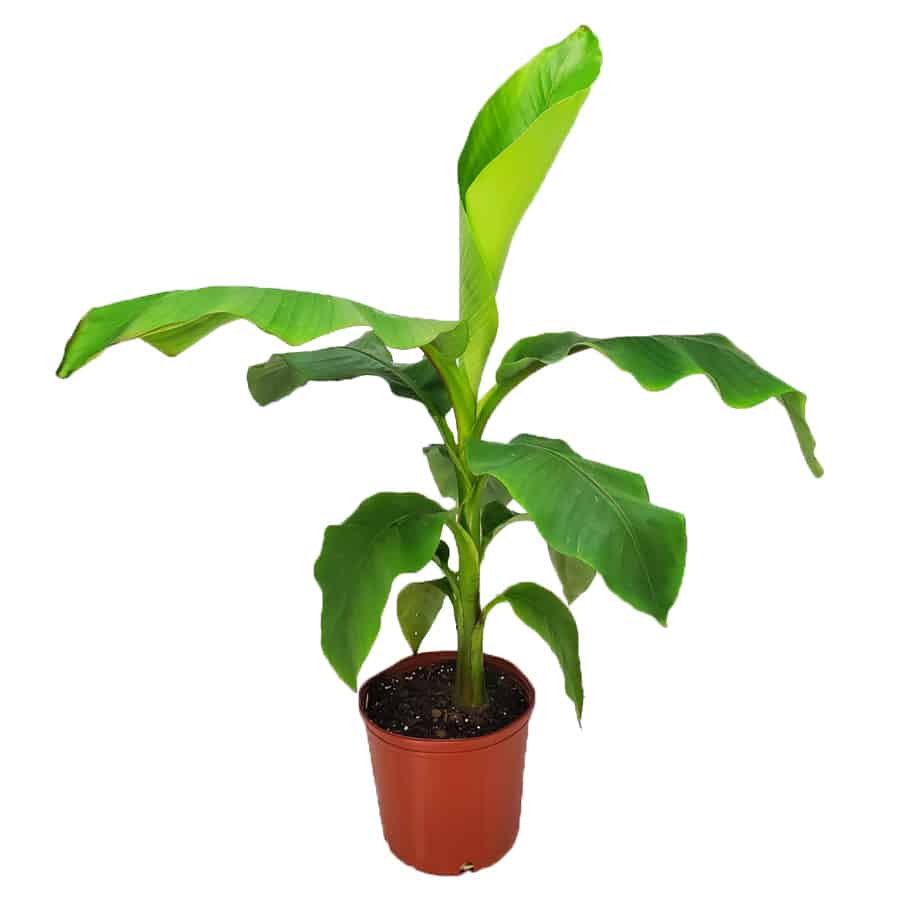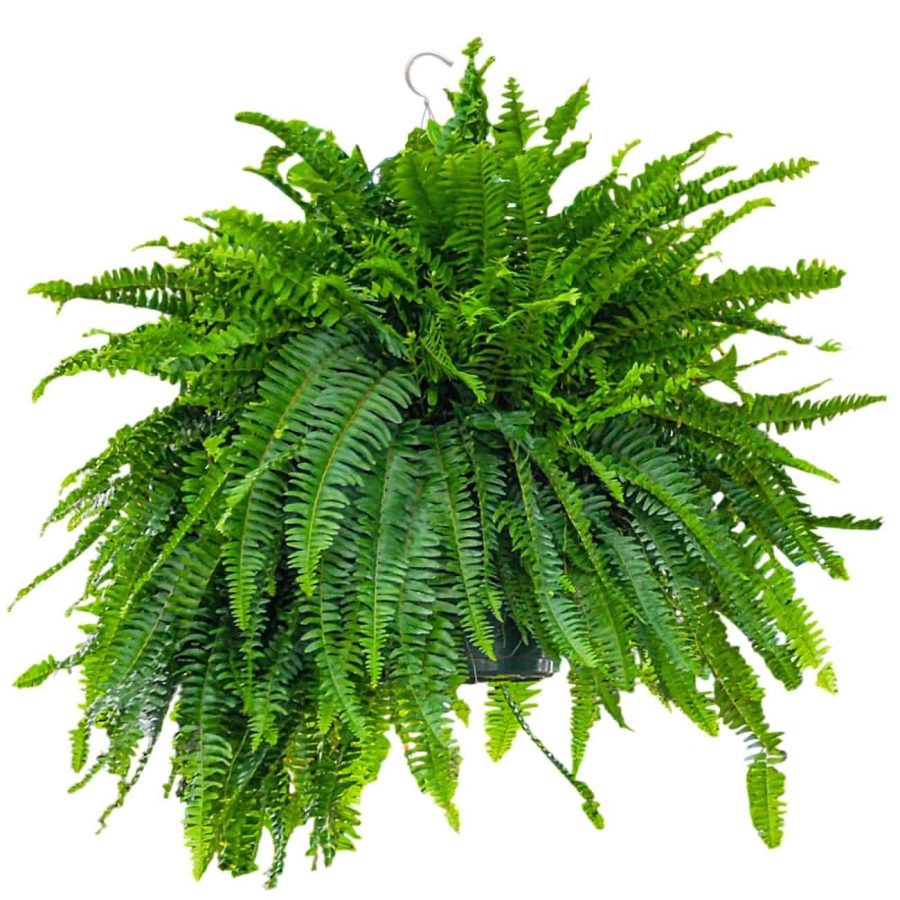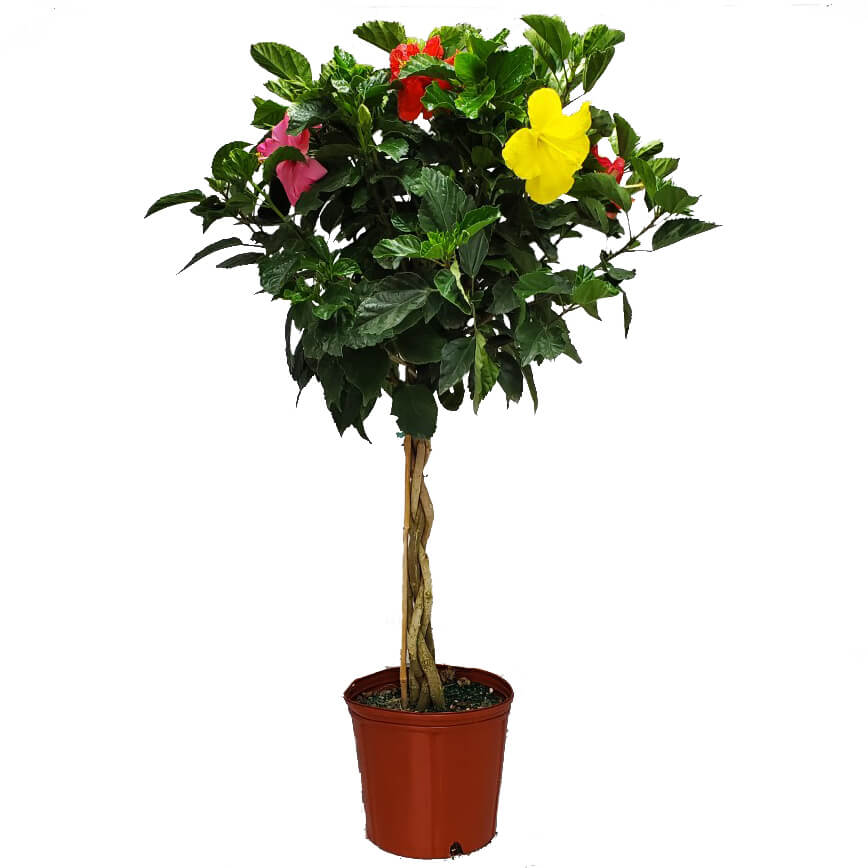Toxic Tropical Plants to Cats
Tropical plants bring a vibrant, lush feel to any home or garden. However, as beautiful as they are, some toxic tropical plants can be harmful to your furry friends, especially cats. Cats are naturally curious creatures. Because of this, they might chew on leaves, flowers, or even roots. However, many tropical plants are toxic, which can cause serious health problems for your cat if they are eaten.
In this blog post, we’ll cover toxic tropical plants you should avoid if you have cats at home and offer safer alternatives to help keep your pets safe.
Why Are Some Tropical Plants Toxic to Cats?
Plants contain toxins to protect themselves from animals that might eat them. While some of these toxins are harmless to humans, they can be dangerous or even deadly for cats. A plant’s toxicity can range from mild to severe depending on the type of plant and the amount consumed.
Some common symptoms of toxic plant poisoning in cats include:
- Vomiting
- Drooling
- Difficulty swallowing
- Tremors
- Lethargy
- Diarrhea (sometimes bloody)
If you notice any of these symptoms, contact your veterinarian immediately.
Toxic Tropical Plants to Keep Away from Cats
Let’s explore some popular tropical plants that can be harmful to cats:
Lilies
Lilies are among the most dangerous plants for cats. Even a small amount of ingestion can cause kidney failure in as little as three days. This includes every part of the lily, from the flowers and leaves to the pollen and even the water in a vase. If you have cats, avoid lilies entirely (aside from canna lilies which are not true lilies and actually non-toxic).
Safe alternative: Canna lilies
Peace Lily
Despite its name, the peace lily is not a true lily, but it still contains calcium oxalates, which are toxic to cats when ingested.
Safe alternative: Majesty Palm
Aloe Vera
Aloe vera is a popular houseplant known for its healing properties. However, it contains saponins and anthraquinone, both of which are harmful to cats if ingested.
Safe alternative: Windmill Palm
Monstera (Swiss Cheese Plant)
Monstera deliciosa, commonly called the Swiss cheese plant, is trendy for its large, beautiful leaves. Unfortunately, it contains insoluble calcium oxalates, which can cause severe pain and discomfort in cats.
Safe alternative: Kangaroo Fern
Pothos
Pothos is a hardy houseplant, but it is toxic to cats if chewed. It contains calcium oxalates, which can cause irritation and swelling.
Safe alternative: Macho Fern
Snake Plant
Known for its air-purifying properties, the snake plant contains saponins, which are toxic to both cats and dogs.
Safe alternative: Chinese Fan Palm
Sago Palm
Sago palms are highly toxic to cats and dogs. The seeds contain cycasin, a toxin that can lead to liver failure or even death.
Safe alternative: Adonidia Palm
Bird of Paradise
Although stunning, bird of paradise plants can be toxic to cats. Ingesting the plant can cause nausea, drooling, and vomiting.
Safe alternative: Basjoo Banana
Safe Tropical Plants for Cats
If you want to enjoy tropical greenery without putting your cat at risk, consider these safe tropical plant alternatives:
- Hibiscus: Beautiful and colorful, this flower is completely safe for cats.
- Majesty Palm: A gorgeous, non-toxic plant that adds tropical vibes to your home.
- Basjoo Banana: A stunning, safe option for larger spaces or outdoor tropical gardens.
- Shrimp Plant: A unique and colorful plant that’s safe for your feline friends.
- Canna Lilies: Vibrant and non-toxic, these lilies bring a splash of color without any risk to your cat.
- Macho Fern: A large, lush fern that is safe for cats and perfect for adding a jungle-like feel to your space.

FAQs About Tropical Plants Safe for Cats
Do cats have a natural instinct to avoid toxic tropical plants?
Not always. While cats might avoid plants with a strange smell, some can still chew on toxic tropical plants, especially if they are bored or sick.
How can I stop my cat from eating plants?
Try hanging your tropical plants or placing them out of reach. You can also try wrapping aluminum foil around the base of the planter or sprinkling chili pepper flakes to deter them.
How quickly can a toxic tropical plant affect a cat?
It can take anywhere from a few minutes to several hours for a toxic tropical plant to affect a cat. The severity of the reaction depends on the plant and the amount yingests.
What should I do if my cat eats a toxic tropical plant?
If you suspect your cat has eaten a toxic tropical plant, contact your veterinarian immediately. Early intervention can prevent serious health complications.
FAQs About
Tropical Plants of Florida
Do you recommend pet-safe tropical plants?
Yes! We have an entire collection of pet-friendly plants you can shop! Here are some of our favorite safe tropical plants:
-
Banana Basjoo
From $34.99 This product has multiple variants. The options may be chosen on the product pageRated 4.98 out of 5 -
Boston Fern Hanging Basket
From $34.99 This product has multiple variants. The options may be chosen on the product pageRated 5.00 out of 5
By choosing the right plants for your home, you can enjoy tropical beauty and keep your cats safe. Choose pet-friendly alternatives, and when in doubt, consult your vet about any concerns.
For more tips on tropical plants and pet safety, stay tuned to Tropical Plants of Florida!
What is Tropical Plants of Florida?
Tropical Plants of Florida is a family owned and operated plant nursery in the heart of South Florida. We grow a wide variety of tropical plants perfect for indoor or outdoor use depending on your climate. We ship our large, high-quality plants directly to your door so everyone can enjoy them, no matter your location!
Can I ask Tropical Plants of Florida for advice on plant safety?
While we are happy to provide general information about plant safety, it’s always best to consult your veterinarian for concerns about your pets and plants.



